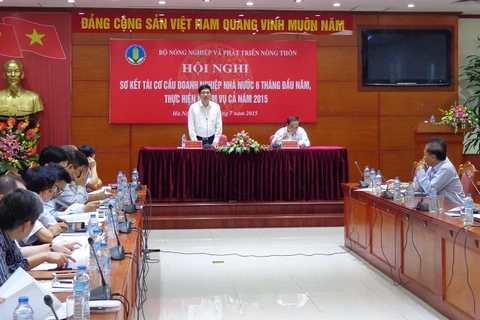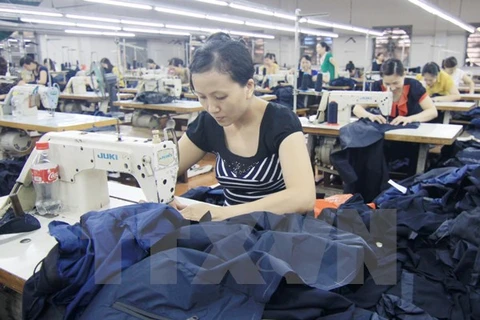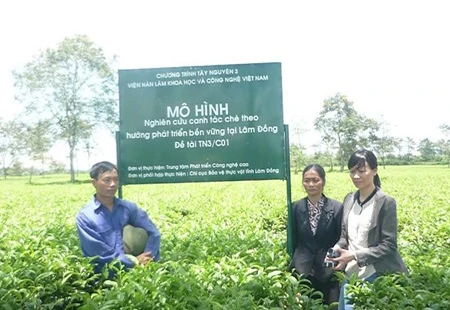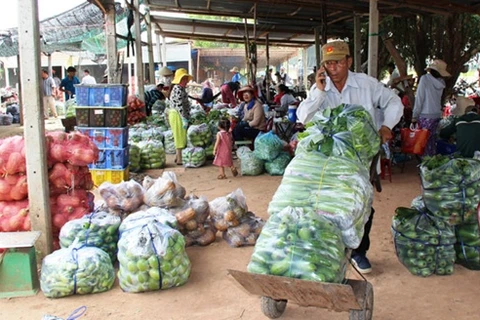Vietnam’s agricultural reforms have generated impressive results over the past two decades, the Organisation for Economic Cooperation and Development ( OECD ) said in a report at a workshop in Hanoi on September 30.
The OECD Review of Agricultural Policies in Vietnam underlined that Vietnam has quickly established its position in global agro-food markets, becoming the world's largest exporter of cashews and black pepper, the second largest exporter of coffee and cassava and the third largest exporter of rice and fisheries .
The report said the “doi moi” (reform) programme launched in the mid-1980’s has helped spur the country’s production growth, reduce the proportion of undernourished people from 46 percent in 1990-92 to just 13 percent in 2012-14, one of the strongest improvements on the global scale.
Economic reforms have generated impressive results in the Vietnamese agricultural sector, as farm production more than tripled from 1990-2013, lifting rural incomes, reducing poverty, combating under-nourishment and sending agricultural exports soaring.
Looking forward, Vietnam should work to build on these achievements while addressing long-term challenges posed by slower production growth rates, declining commodity prices and limited land for further expansion, the report said.
Ken Ash, OECD Trade and Agriculture Director, said Vietnam needs to improve its policy environment to enable investments that will allow the farming sector to continue to adapt to opportunities created by rising demand and the challenges of climate change and limited resources.
Andrzej Jan Kwiecinski, an expert of the OECD Trade and Agriculture Directorate, also suggested Vietnam reallocate land as the country’s agricultural productivity remains low in the context of land fragmentation.-VNA

























